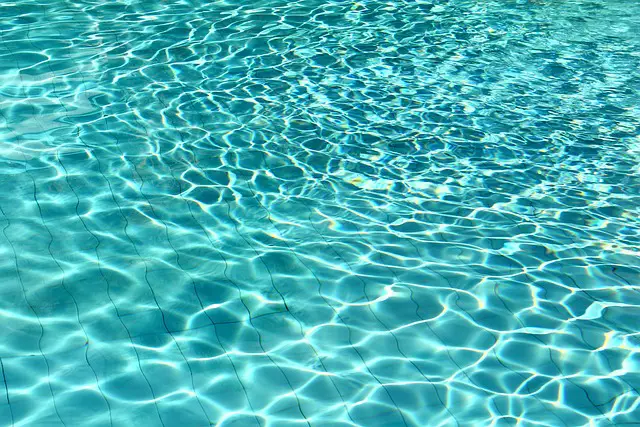Chlorine is a chemical compound used to purify water, and it can be found in swimming pools, hot tubs, and other bodies of water. But what kind of effects does Chlorine have on frogs? In this blog post, we’ll explain why Chlorine isn’t as safe for frogs as it is for humans.
Does Chlorine kill frogs?
Chlorine is a potent disinfectant; studies have revealed that it can be fatal for frogs. In addition, research has found that, even at trace levels, Chlorine can cause severe damage to frog skin and other organs.
In susceptible species, chloride ions from Chlorine can disrupt neurological functions as well as the permeability of cells in the body.
Aquatic frogs are known to be especially susceptible to this type of harm and have died after short-term exposure. So ultimately, Chlorine may not be a direct killer of frogs, but the long-term implications pose a significant threat to their health.
The toxicity of Chlorine
Chlorine is known to be toxic to amphibians such as frogs. When frogs are exposed to Chlorine, their skin becomes irritated and inflamed.
This can lead to the frog’s protective outer layer’s breakdown, making them more susceptible to disease and infection. Additionally, when a frog’s skin is exposed to chlorine-treated water, it may develop breathing problems due to irritation in its gills.
In addition to physical effects, chlorinated water affects a frog’s behavior.
Studies have shown that frogs exposed to chlorinated water are less likely to engage in mating behaviors, such as calling for mates or displaying courtship gestures than those not exposed.
This indicates that Chlorine may disrupt hormone levels and other functions that regulate mating behavior.
All that said, there are some ways you can protect your frogs from the dangerous effects of Chlorine.
If you have a pond at home with frogs, make sure you use a product designed specifically for pond maintenance that won’t contain large amounts of Chlorine.
Additionally, if you have an outdoor pool or hot tub with frogs nearby, keep an eye out for signs of distress—irritated skin or eyes or difficulty breathing—and take measures to reduce your frogs’ exposure if necessary.
Conclusion
Chlorine has long been known to be hazardous for amphibians like frogs—but not all hope is lost! With proper care and attention (and maybe some unique products), you can help protect your little friends from the harmful effects of chlorine-treated water. We hope this blog post has helped shed some light on how Chlorine affects frogs so that you can do that.




